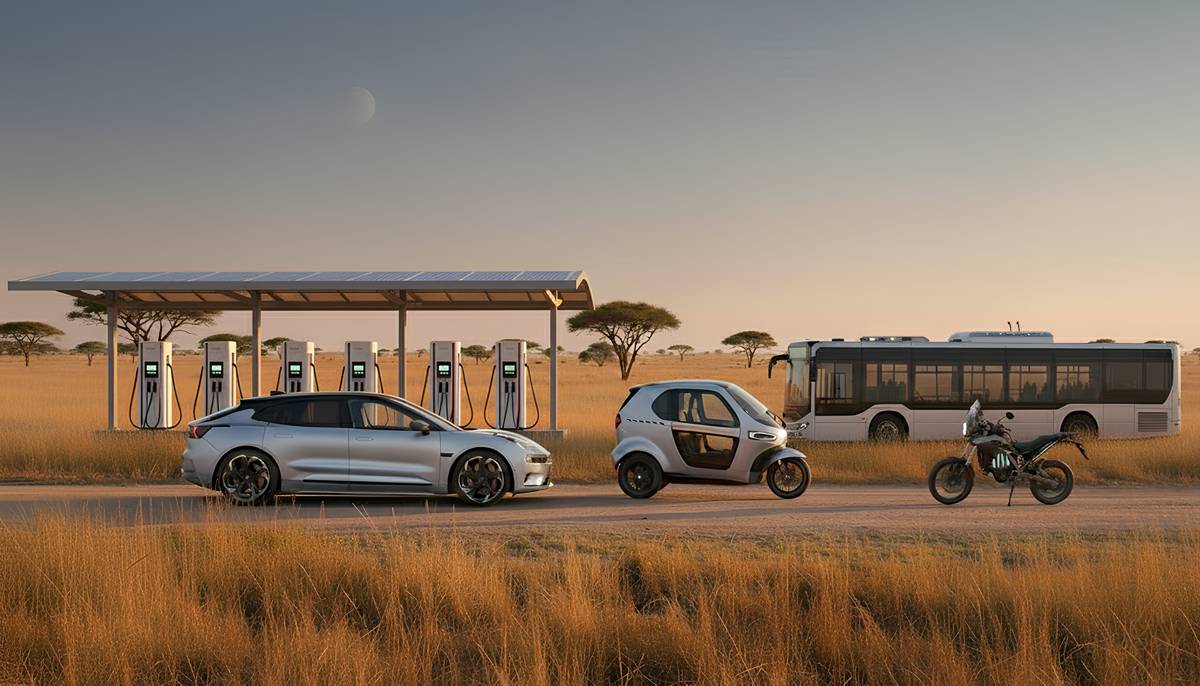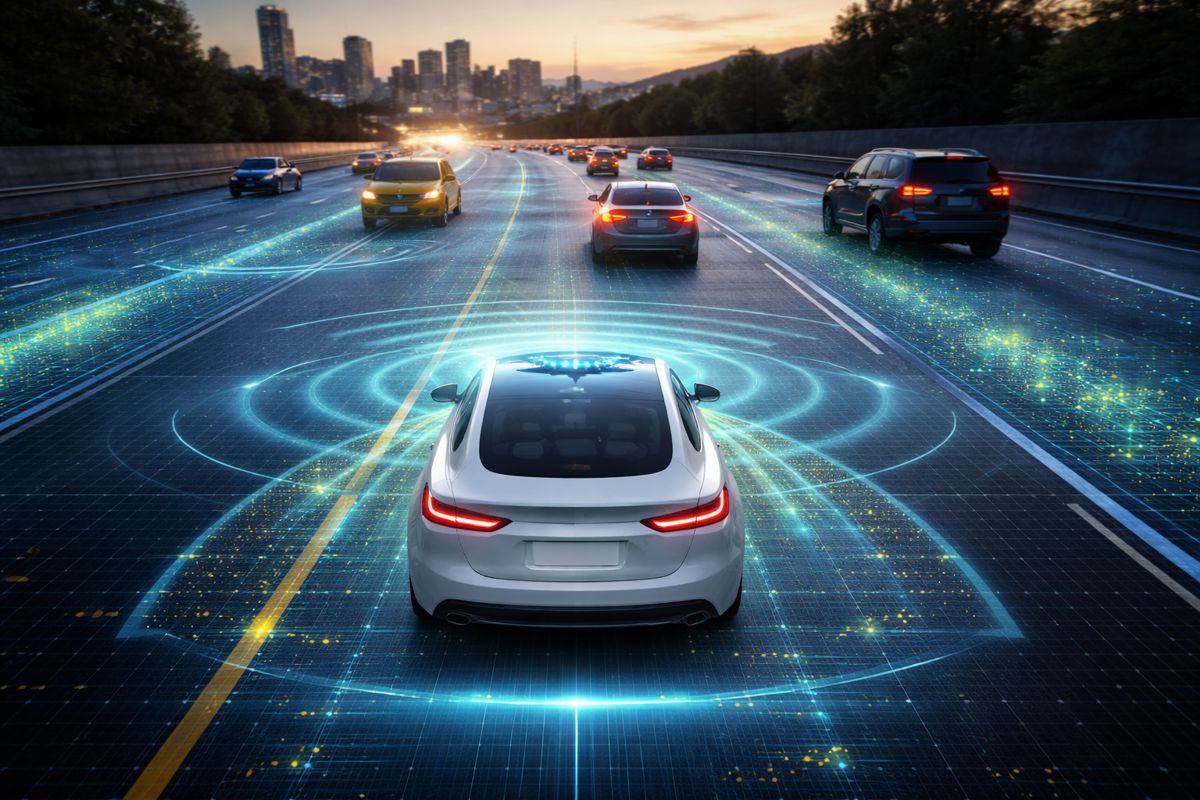Geotab releases 2020 Fleet Report on Electric Vehicle Adoption
Geotab has announced the release of its Fleet 2020 report, examining the pressure to accelerate innovation in the mobility sector to respond to the climate crisis.
The report outlines consumer and fleet manager attitudes toward the adoption of electric vehicles (EVs), and argues in favour of a collaborative, data-driven approach to transition to electric and maintain positive change against global warming.
Electric vehicles will play an important part of post-COVID-19 life as people begin to return to daily routines. This has already been recognised in the UK, as the government has taken steps to incentivise EV fleet uptake through the introduction of a zero Benefit-in-Kind (BiK) rate.
This means all zero-emission company cars pay no tax, and will attract a reduced appropriate percentage of 0% in 2020-21, 1% in 2021-22, before returning to the planned 2% rate in 2022-23.
Geotab’s report further highlights the ways in which UK fleets can lead the way to an electric, sustainable future. Some key findings include:
- Passenger EV sales are expected to rise to 10 million in 2025, and 56 million by 2040
- UK consumers are driven to buy EVs – 60% of UK buyers expect their next vehicle to be hybrid or electric
- Last year, a Geotab study found 50% of fleets in the UK were without EVs – this year, only 2% of fleets have no plans to implement EVs
- 78% of fleet managers plan to electrify up to half of their fleets, and a further 33% would ideally like to transition between 51% to 100% of their fleets to an electric model within the next five years
- While 36% of people agreed that the UK is making good progress on EV adoption, 66% believe that the UK needs to do more .
- Attitudes toward EV adoption vary across the country, as well. Specifically:
- London-based citizens – where NO2 emissions are highest, are more concerned about the impact of climate change than elsewhere in the country (44%). Comparatively, only 29% of those in the East Midlands are ‘very concerned’
- 63% of those in London own a petrol or diesel vehicle, versus 90% elsewhere, and 27% now say they own an EV, compared to an average of 5-10% in other parts of the country
- Findings point to a Europe-wide movement. In Germany, 50% of fleet managers identified climate change as a driving factor in converting to more EVs, and in Spain, 83% said going green is the strongest motivator, followed by the need to replace fossil fuels (69%)
“Our report comes at a crucial time, when recent data from the EEA illustrates the impact of COVID-19 lockdowns on nitrogen dioxide (NO2) emissions, which are responsible for a large percentage of air pollution and the warming of the planet. People are now, more than ever, actively thinking about transitioning from diesel and petrol vehicles, and the 60% drop in NO2 emissions in the last few weeks is proof that it can be done. Now is a critical moment for fleet managers and consumers interested in adopting more electric and hybrid vehicles to do so,” says David Savage, Regional Manager, UK & Ireland. “As the demand for action grows, we must apply all the tools at our disposal to make the change happen and continue to encourage positive, permanent change when things return to normal.”
Geotab is advancing security, connecting commercial vehicles to the internet and providing web-based analytics to help customers better manage their fleets. Geotab’s open platform and Marketplace, offering hundreds of third-party solution options, allows both small and large businesses to automate operations by integrating vehicle data with their other data assets.
As an IoT hub, the in-vehicle device provides additional functionality through IOX Add-Ons. Processing billions of data points a day, Geotab leverages data analytics and machine learning to help customers improve productivity, optimise fleets through the reduction of fuel consumption, enhance driver safety, and achieve strong compliance to regulatory changes.





























